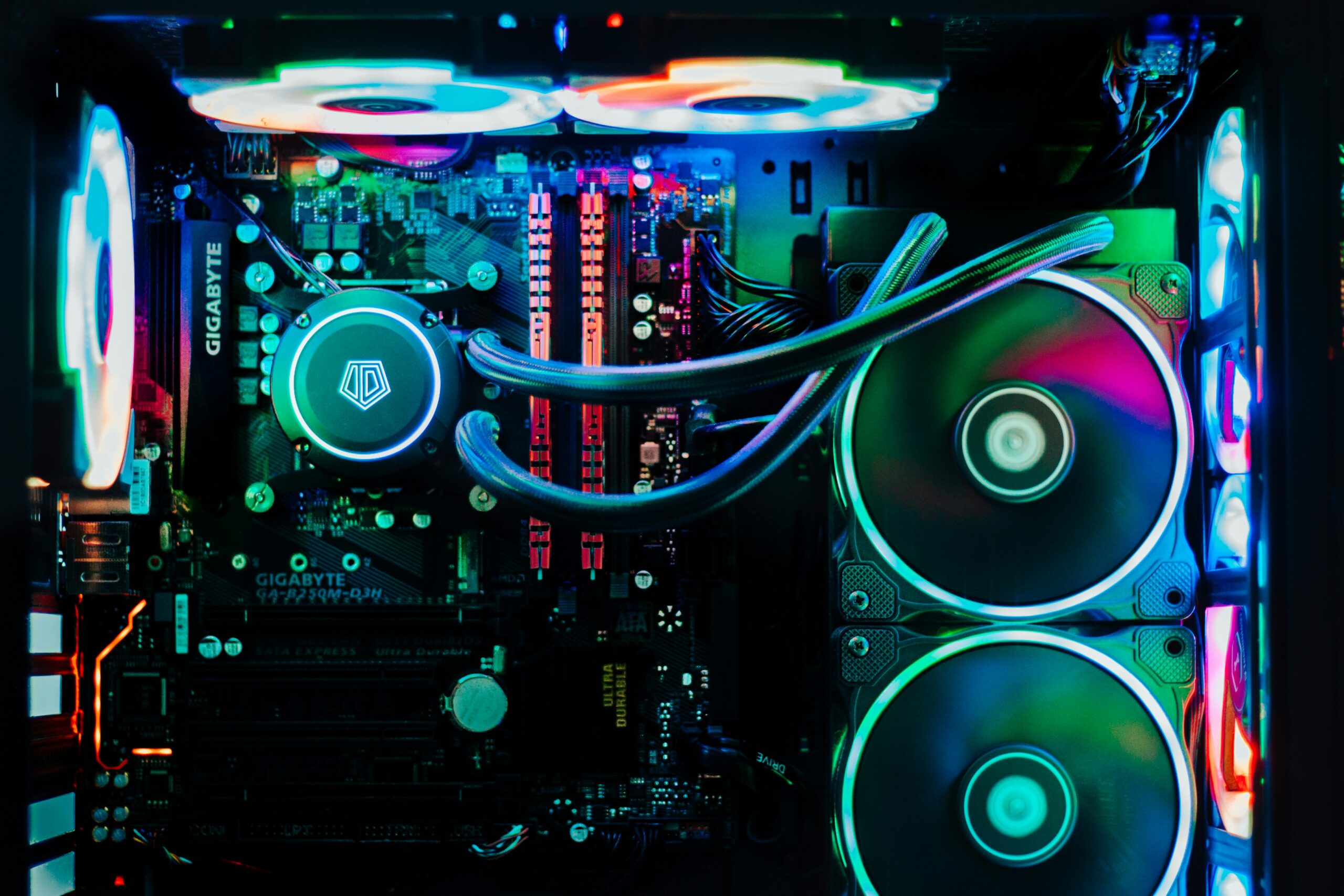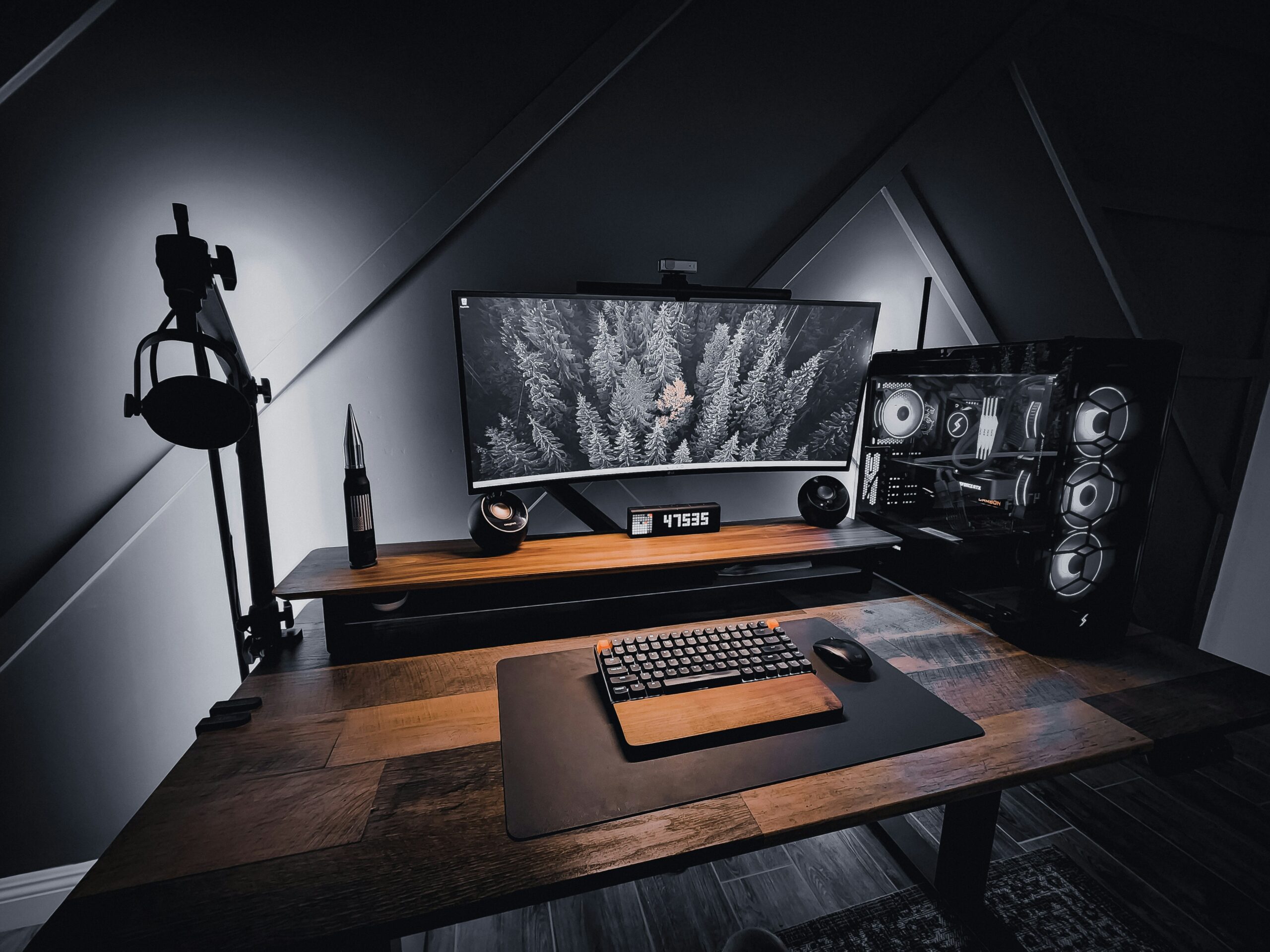When Is the Best Time to Buy a Gaming PC? Top Tips to Save Money and Get the Best Deals
Buying a gaming PC is a big decision, and timing can make all the difference. With prices constantly fluctuating and new tech hitting the market every few months, it’s easy to feel overwhelmed. I’ve been there—debating whether to wait for a sale or grab the latest release before it’s gone.
The truth is, there’s no one-size-fits-all answer, but there are definitely patterns and key times of the year when you can score the best deals. Whether you’re upgrading your setup or diving into PC gaming for the first time, knowing when to buy can save you money and ensure you get the performance you need. Let’s break down the best times to make that investment.
Understanding The Gaming PC Market
Understanding how the gaming PC market operates helps in making better purchasing decisions. Price changes are influenced by multiple factors and follow predictable seasonal patterns.
Factors That Influence Prices
Component shortages significantly impact prices. For instance, a high demand for GPUs or CPUs often increases their cost. Technological advancements also play a role, as the release of a new generation of hardware reduces the cost of older models. Brand reputation contributes, with premium brands like Alienware or ASUS typically costing more than lesser-known manufacturers. Retailer strategies, such as promotions or bundled deals, can also affect the total price.
Seasonal Trends In Gaming PC Sales
Retailers offer discounts during major shopping events. Black Friday and Cyber Monday in November feature some of the biggest price drops for gaming PCs. Back-to-school sales, typically between July and September, also include discounts on tech items. Holiday seasons like Christmas often include bundled deals with peripherals. End-of-quarter sales, in March, June, September, and December, sometimes provide additional opportunities to save.

The Best Times To Buy A Gaming PC
Timing plays a crucial role in getting the best value when buying a gaming PC. Certain times of the year offer better pricing due to discounts and promotional strategies by retailers.
Black Friday And Cyber Monday
Black Friday and Cyber Monday provide some of the steepest discounts on gaming PCs. Many retailers, both online and in-store, offer significant savings during this period. For example, gaming laptops, desktops, and accessories from brands like Alienware and ASUS often see price drops of 20-50%. These sales typically occur in late November, so planning ahead ensures better access to inventory before it sells out.
Back-To-School Deals
Late summer into early fall sees an increase in discounts as part of back-to-school promotions. While targeted toward students, gaming PCs are often included in these deals, especially from brands like Lenovo and HP. Discounts range between 10-25% during this period, making it a good opportunity for those on a tighter budget.
New Product Launches And Clearance Sales
Retailers offer older models at reduced prices following the launch of new gaming PC lines. For example, if NVIDIA releases a new GPU generation, systems featuring their previous GPUs often see significant markdowns. Clearance sales driven by these product transitions frequently provide discounts of 15-30%, allowing buyers to save without sacrificing quality.
Additional Tips To Save Money
Strategic choices beyond timing can stretch your budget while getting a high-performance gaming PC. Comparing deals and considering alternative options can significantly reduce costs.
Comparing Online And In-Store Deals
Online platforms often offer better discounts and exclusive promotions. Retailers like Amazon or Newegg frequently list gaming PCs at prices 10-30% lower than physical stores, due to lower overhead costs. Flash sales and holiday events also provide additional savings only available online.
In-store purchases can have advantages like immediate pickup and the chance to physically inspect the product. Chain retailers like Best Buy sometimes match online prices during promotions, giving flexibility if you prefer in-person shopping.
I recommend tracking prices on both platforms simultaneously. Use tools like Honey to compare online discounts or check retailer ads for negotiated in-store deals to maximize savings.
Considering Refurbished Or Prebuilt Options
Refurbished gaming PCs can save you 20-40% compared to new products. Brands like Dell and HP sell certified refurbished systems with warranties, ensuring performance and reliability. These are great for capturing mid-range performance at lower costs.
Prebuilt PCs provide another budget-friendly route. Custom-built models tend to cost more due to labor and premium parts. Pre-manufactured systems from OEMs like ASUS and Acer offer balanced specs for casual to moderate gaming needs, often with bundled discounts on peripherals.
I always verify the warranty and return policies when choosing refurbished or prebuilt systems to protect my investment. Checking user reviews and specifications ensures the product meets your gaming requirements.

Common Mistakes To Avoid
Skipping Research. Choosing a gaming PC without researching components or performance can lead to regrets, especially if the hardware doesn’t meet gaming requirements. I always check graphics cards, processors, and RAM for compatibility with the latest games.
Overlooking Sales Cycles. Buying immediately instead of waiting for seasonal sales like Black Friday or Cyber Monday often results in spending more. Patience during shopping events typically leads to better deals, with discounts sometimes reaching 50%.
Ignoring Compatibility. Some buyers mix incompatible components when building or upgrading systems. I ensure motherboards, GPUs, and CPUs work together before purchasing to avoid additional expenses or returns.
Focusing Only on Brand Names. Premium brands like Alienware or Razer appeal to many buyers but often have a markup. Exploring reliable alternatives such as Lenovo or Acer can save money without sacrificing performance.
Neglecting Prebuilt Options. Despite the popularity of custom builds, prebuilt gaming PCs often offer balanced specs at lower prices. Refurbished systems from brands like Dell provide warranties and additional savings of up to 40%.
Forgetting Return Policies. Not verifying return terms creates problems if refunds or exchanges become necessary. I double-check policies to confirm there’s protection for my purchase.
Conclusion
Timing your gaming PC purchase can make a huge difference in both cost and performance. By staying mindful of sales events, market trends, and product cycles, you can secure a great deal without compromising on quality. Whether you’re upgrading your setup or buying your first rig, planning ahead and exploring all options—like refurbished or prebuilt systems—can help you save money and avoid common pitfalls.
Ultimately, the best time to buy depends on your needs and budget, but with the right strategy, you’ll be ready to game without breaking the bank.
Frequently Asked Questions
When is the best time to buy a gaming PC?
The best times to buy a gaming PC are during major sales events like Black Friday, Cyber Monday, and back-to-school promotions. Black Friday and Cyber Monday often provide the steepest discounts, with savings of 20-50%. Clearance sales after new product launches are also great for finding deals on older models.
Are online or in-store deals better for gaming PCs?
Online platforms often offer better discounts due to lower overhead costs, while in-store purchases provide the advantage of immediate pickup and inspecting the product before buying. Comparing both options helps find the best deal.
What are the benefits of buying refurbished gaming PCs?
Refurbished gaming PCs can save 20-40% compared to new systems. Certified refurbished models from brands like Dell and HP often come with warranties, ensuring quality and protecting your investment.
Should I buy a prebuilt gaming PC or build my own?
Prebuilt gaming PCs are ideal for those seeking balanced specs and convenience. They come optimized for gaming needs and save time compared to building from scratch. However, building your own allows for more customization and potentially better performance for the price.
How can I maximize savings when buying a gaming PC?
To save the most, shop during seasonal sales, compare online and in-store options, and consider refurbished or prebuilt systems. Research components and prices ahead of time and avoid impulse purchases to get the best deal.
What are some common mistakes to avoid when buying a gaming PC?
Common mistakes include not researching compatibility, overlooking sales, prioritizing brand names over performance, and ignoring warranties or return policies. Ensure all components meet your gaming needs and buy during promotional periods to save money.
Do older gaming PC models still perform well?
Yes, older models can offer great performance for most games, especially for casual and mid-range gaming. After new product launches, older models often go on clearance with savings of 15-30%, making them a cost-effective choice.
Are gaming laptops a good alternative to gaming PCs?
Gaming laptops are a great alternative if portability is important. They provide solid gaming performance and can be used for other tasks. However, desktops are generally more powerful and cost-effective for gaming.
What should I check before buying a refurbished gaming PC?
Always verify that the refurbished PC comes with a warranty and check the return policy. Ensure the machine has been inspected and certified by the manufacturer or a trusted retailer to avoid potential issues.
What are the advantages of waiting for new product launches before buying?
New product launches often lead to price drops on older models as retailers clear inventory. This provides an opportunity to buy reliable gaming PCs at a discounted rate without sacrificing quality.
